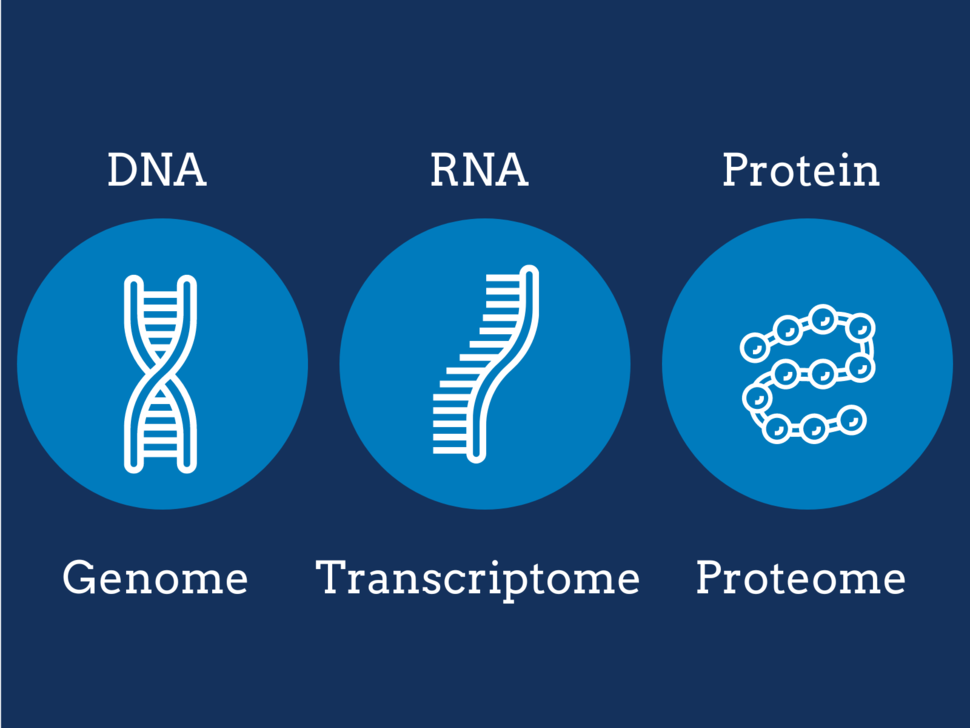Genes Associated with Renal Cell Carcinoma Investigated
, by Elise Tookmanian, Ph.D.
Past research in DCEG identified 50 new genomic regions associated with renal cell carcinoma, the most common form of kidney cancer. The majority of the genetic variants associated with renal cell carcinoma previously identified were predicted to affect disease risk through modulating gene expression or protein levels. To better understand renal cell carcinogenesis, researchers used transcriptome- and proteome-wide association studies to increase understanding of genes and proteins associated with renal cell carcinoma and identify potential therapeutic targets. This study was published in The American Journal of Human Genetics on August 12, 2024.
Gene expression data are relatively limited for the kidney compared with other tissues. In this study, Diptavo Dutta, Ph.D., Earl Stadtman investigator in the Integrative Tumor Epidemiology Branch, and colleagues collaborated with researchers from the University of Pennsylvania, Philadelphia, to develop an expanded resource on kidney expression data. This resource enabled a comparison of genes associated with renal cell carcinoma in normal and tumor tissues as well as an investigation of an understudied, less prevalent cancer subtype, papillary renal cell carcinoma.
The study identified and characterized numerous genes and proteins associated with overall renal cell carcinoma in normal and tumor tissues. Twelve of these genes were previously unidentified and independent of the 50 new genetic variants identified in the prior genome-wide association studies, also co-led by Dr. Dutta. Several identified genes previously connected to risk of other cancer types were linked to renal cell carcinoma for the first time in this study. In particular, a large fraction of the genes identified were found to be targets of key transcription factors (e.g., hypoxia induction), which have been known to play a key role in several cancers, including renal cell carcinoma. However, the exact mechanism of how these genes influence renal cell carcinoma risk needs further investigation.
Future research should also focus on collecting more omics data in normal and tumor kidney tissues from larger and more ancestrally diverse samples. These steps will advance understanding of the variation in disease manifestation across populations.
Reference
Dutta D et al. Transcriptome- and proteome-wide association studies identify genes associated with renal cell carcinoma. Am J Hum Genet. 2024.
